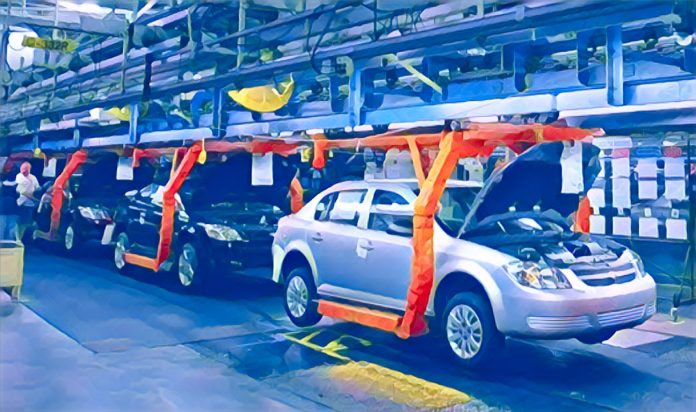Key Points
-
Senate bill mandates 75% of government vehicles be locally made.
-
Law aims to protect the naira and create manufacturing jobs.
-
“Nigeria First” policy seeks to prioritise local products in procurement.
The Nigerian Senate has advanced a bill that would require government offices to purchase Nigerian-made vehicles.
The proposal passed second reading during Thursday’s plenary. Deputy Senate President Barau Jibrin, who presided over the session, confirmed the decision after most senators supported it through a voice vote.
Senator Patrick Ndubueze from Imo North sponsored the bill. It mandates that at least 75 percent of all government-owned vehicles be manufactured—not just assembled—within Nigeria.
The bill now heads to the Senate Committee on Public Procurement. The committee has four weeks to review the bill and conduct a public hearing.
Senator warns of risks from imported vehicles and lost jobs
Ndubueze criticized Nigeria’s growing dependence on imported vehicles. He explained that this practice weakens the naira and harms local industries.
Although 54 companies once held licenses to manufacture vehicles in Nigeria, only six remain active.
The senator also warned that international car makers are moving their operations to Ghana. Many of them plan to export cars back to Nigeria.
He asked, “How can we protect the naira if we keep buying foreign goods?”
He said the government should lead by example. If ministries buy Nigerian-made vehicles, they would help grow local industries and reduce reliance on foreign imports.
“Nigeria First” policy gets legislative support from lawmakers
The federal government recently introduced the “Nigeria First” policy. It directs ministries and agencies to buy Nigerian-made goods and services. This bill supports that directive by turning it into law.
Senate Chief Whip Tahir Mongunu praised the move. He said it would stop future governments from reversing the policy.
Deputy Senate President Jibrin added that the bill would create jobs for Nigerian automobile engineers. It would also encourage local and foreign investment in the auto sector.
If passed into law, this bill could reduce Nigeria’s dependency on second-hand imported cars. It would also support the country’s push to develop a strong, self-sufficient manufacturing base.



